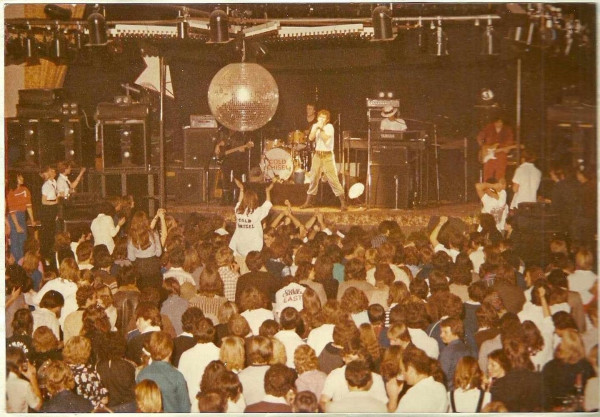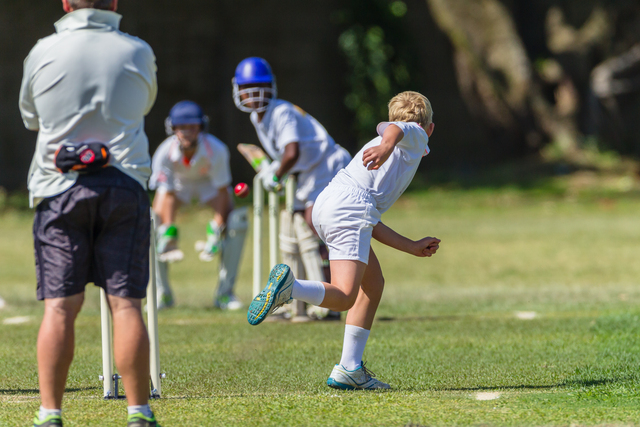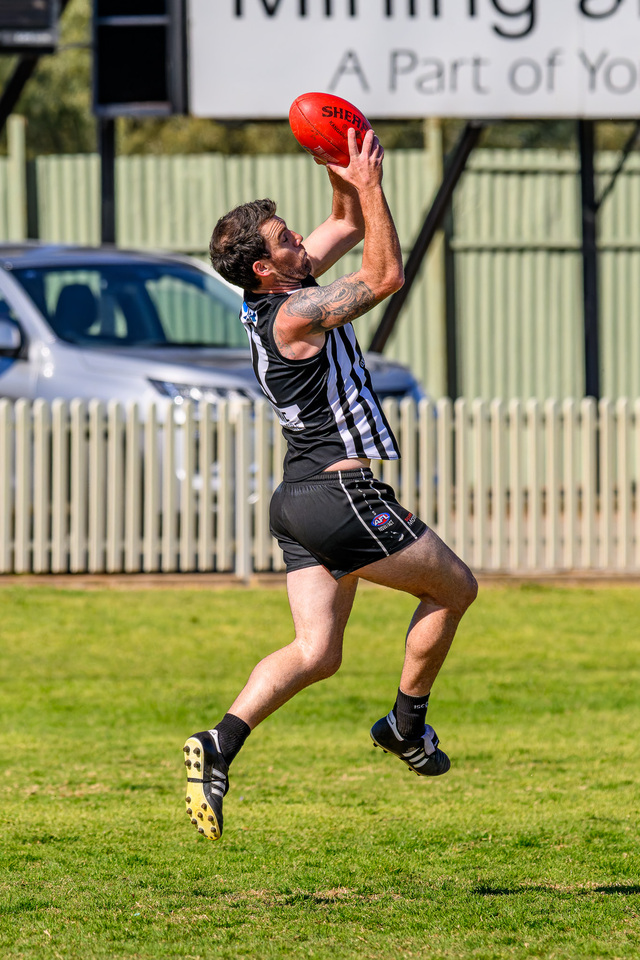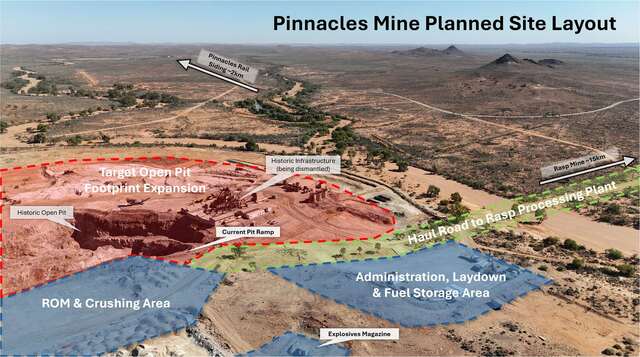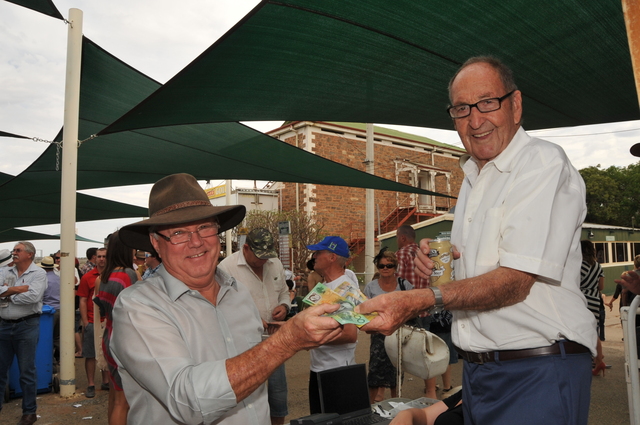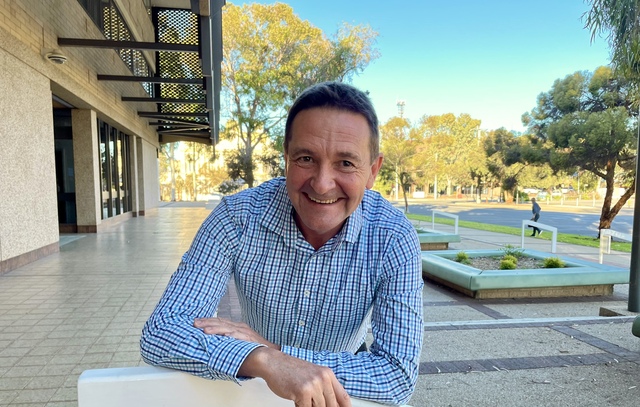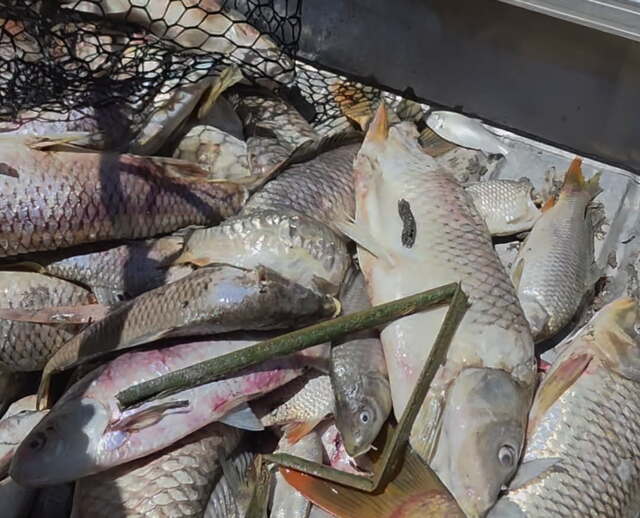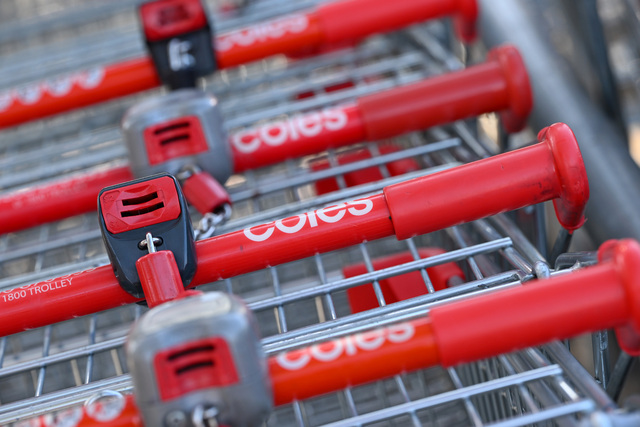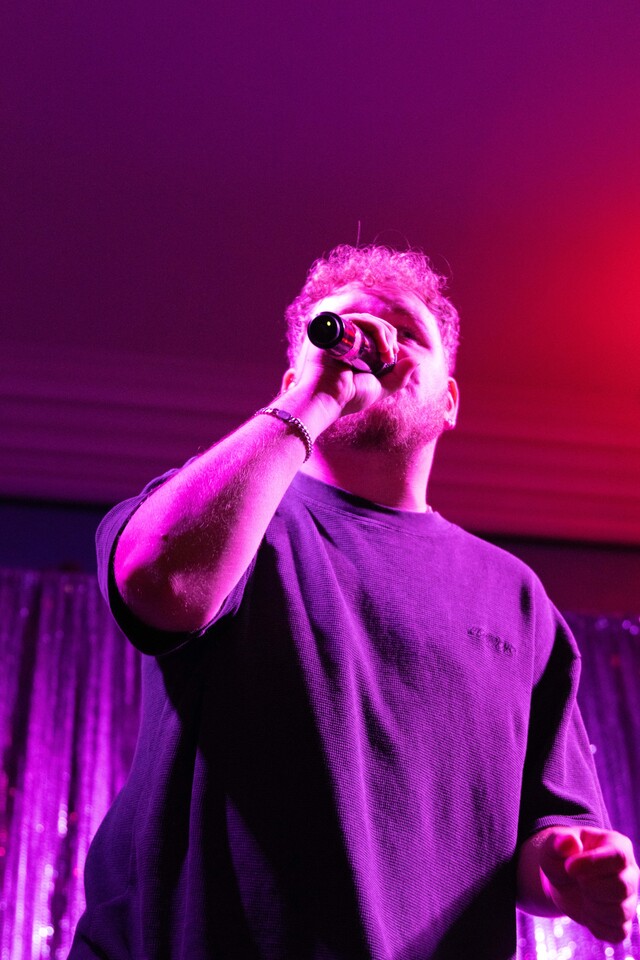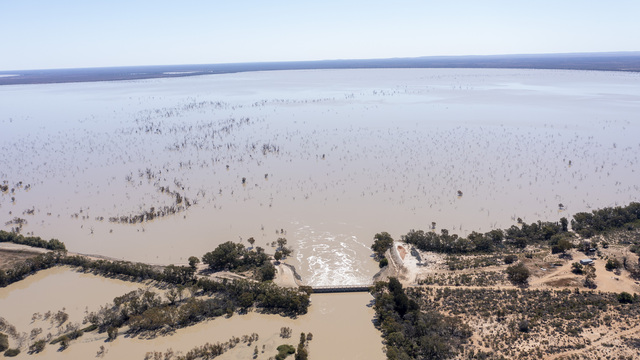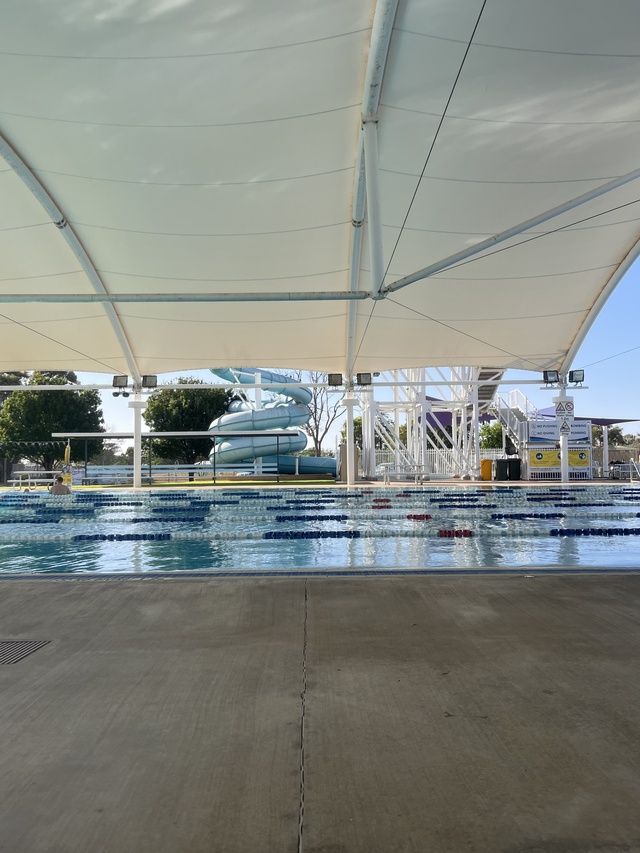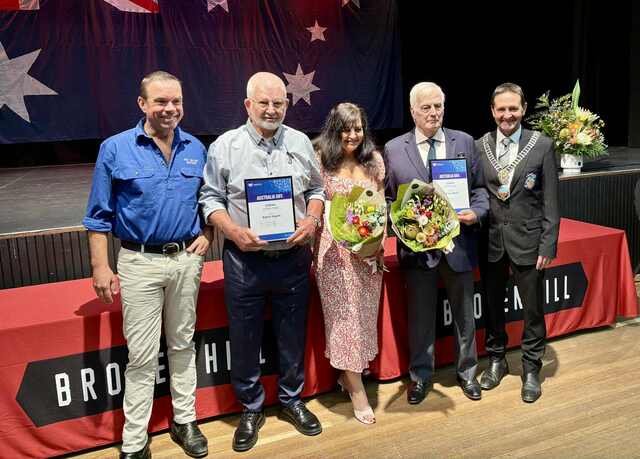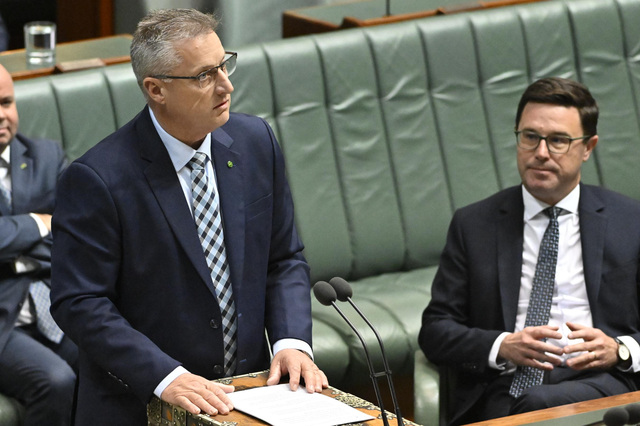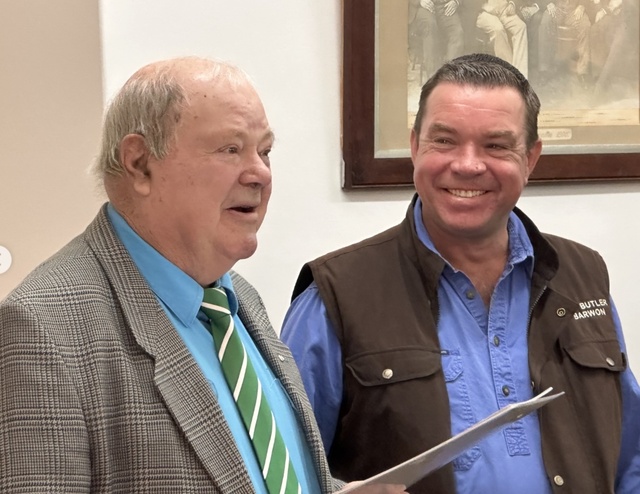ONE of the oldest pubs in Broken Hill, The Theatre Royal has a fascinating history of live music, violent brawls and drunken shenanigans, though today only currently opens for five hours per week on a Saturday night.
Opened in 1886 as the Exchange Hotel, the venue became Theatre Royal in 1890, was briefly named Hotel Argent in 1971 and then returned to Theatre Royal in 1984.
The nightclub and live-music part of the venue was dubbed “The Night Train”, or often colloquially The Fight Train, sometime in the 1970s.
According to documents provided by the Broken Hill Historical Society, the venue was a sporting hotel in the early 1900s and throughout its life has also hosted a theatre, billiard room, and at one time a skating rink.
Today, any mention of the venue will have those who lived through the Royal’s glory days recalling stories of the nights they spent seeing iconic Australian bands perform on the big stage.
Local artist John Dyson said as a high-schooler he used to skip class to play snooker in the back room at the hotel.
“They had this little room in the corner with curtains on it, and we used to go there and play snooker,” he said.
“We were 15 at the time. You had to be over 21 to get in, but if they knew you they’d let you through.”
Nino Schembri said anytime actors came through town, they’d haunt the bar at the Theatre Royal.
“Actors would be in there and we used to go there for a drink and a dance, though I couldn’t dance much,” ,” he said.
“Then at 3am when it closed I’d walk down to the Kookaburra Cafe, get two steak sangas and eat them on the walk home.”
Mr Schembri said he recalls that as being sometime in the late 1980s.
Jamie Pettitt said he remembers going to the Night Train in his youth.
“I started going there when I was 16, and first started drinking beer at the Night Train,” he said. “Back then it was notorious throughout Australia, everyone was full on punching on, it was bloodshed.”
Mr Pettitt said every night the Train opened there’d be a blue, and the bouncers wouldn’t shy away from throwing those involved over the staircase.
“I just stood back on watched what was going on,” he said.
“It was locals fighting one another. But the thing was once the fight was over and someone was beaten, you’d just pick them back up and dust them off and carry on.”
He said the police would line the street out the front of the venue waiting to throw brawlers into the paddy wagon.
“The cops back then has these old F100 paddy wagons with canvas over the back where they used to throw the boys who were blueing,” Mr Pettitt said.
“They never locked it and people would just come up and let them out again.
“Once some bloke with a lighter set the whole thing on fire, so they threw him out and he just ran off down Argent Street.”
Mr Pettitt said when a band played the venue, “you couldn’t move in the joint, not at all.”
He said he remembers seeing Cold Chisel playing Khe Sanh on the main stage, a song that references Broken Hill in it’s lyrics from the ocean to the silver city.
“I remember Jimmy Barnes saying, ‘The Train is the most notorious night club in Australia. I’ve never been to something so brutal in the world’.”
Mr Pettitt said a jug of beer was about $2 at the Night Train in the late 1980s, but he’d still often sneak in a flask of whiskey.
He recalled an occasion when an inflatable pool was brought into the venue and filled with water for punters to enjoy.
“One lad jumped off the balcony upstairs, into the pool, and broke his neck, so that was the end of that.”
Cheryl Holmes was a bartender in the early 1990s, and said she’d work in the front bar til late, then knock-off and work the bar in the disco until 4am.
She recalled the Friday night Cold Chisel played, which she attended as a punter.
“Jimmy Barnes had been into the vodka and jumped into the crowd to crowd-surf, and I was one of the ones that caught him and held him up,” she said.
“They must have had words with him because he was much quieter when he played on the Saturday night.”
She said that during renovations of the venue in the late 1980s, a contractor found a stack of money hidden in the walls.
“I guess there might have been a little bit of illegal gambling going on at some point,” she said.
“I reckon that’s maybe when the money was hidden.”
Tricia Hall also worked behind the bar at the Night Train for several years in the 1990s, and said her grandparents were great friends with the owners at the time, the Gavas.
“We used to spend Christmas with them in the front bar,” she said.
Ms Hall said she loved working behind the bar.
“I got to mingle with friends, and occasionally there might have been a fight but the bouncers were straight on it.”
She said everyone back in those days would get dressed up and head down to the pub.
“It was such a good vibe, everyone was happy, there might’ve been the occasional blue between St Patty’s weekend but other than that, it was just great.”
Ms Hall speculated that liquor licensing laws and high insurance costs may be what’s keeping the Theatre Royal and Night Train from being revived to it’s heyday.
The front bar at the Theatre Royal only recently closed, with the Night Train, the nightclub in the main room that formerly hosted live music, open between 10pm and 3am on Saturday nights.

